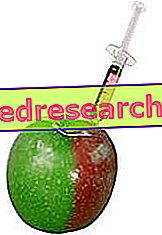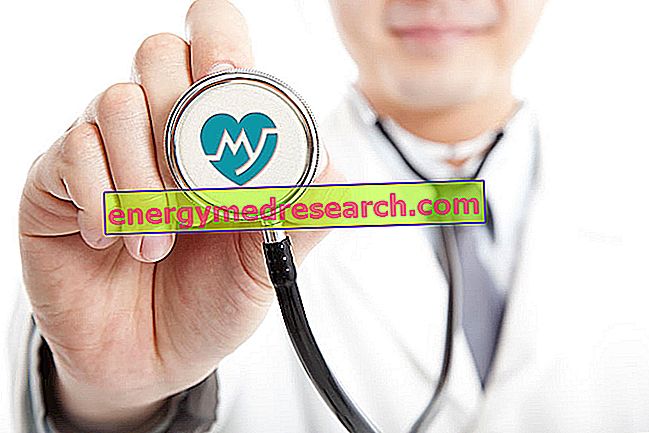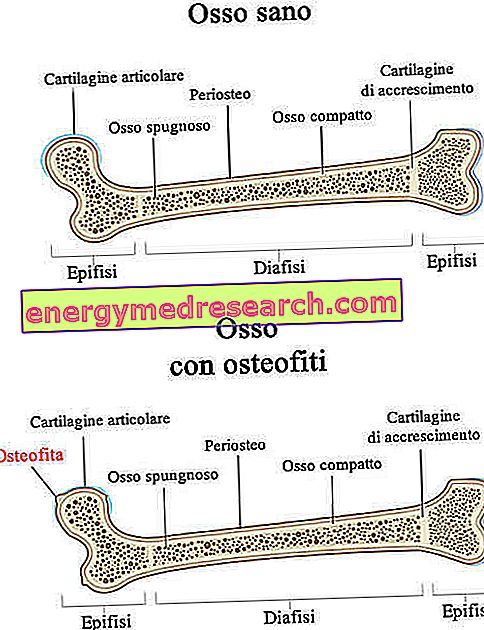Definition
Hypomania is a state of mind characterized by elevated mood, excitement, increased productivity and optimism.
This less extreme form of mania does not correspond to the normal temperament of the individual and manifests itself with typical behaviors: during a hypomanic episode, the subject is energetic, hyperactive, talkative, uninhibited and has excesses of self-esteem.
Hypomania is associated with a reduced need for sleep and an increase in psychomotor activity. The subject may have a tendency to speak quickly and much more than usual, producing a flow of ideas, initiatives and thoughts that can be chaotic and meaningless (logorrhoea).
In some cases, the hypomanic episode is not characterized by a euphoric state, but by easy distractibility, attention deficit, irritability and labile mood; the individual is aggressive and adopts unruly, improper and irresponsible behaviors.
Unlike mania, this state is not associated with psychotic symptoms and produces less negative impact in the daily life of the individual.
Hypomania can occur in various psycho-pathological conditions. In cyclothymia, this state occurs alternating with periods of decreased mood (dysphoria). Hypomanic symptoms can also be found in bipolar disorder, narcissistic personality disorder and schizophrenia.
Episodes of hypomania can also be induced by the abuse of alcohol and drugs (such as amphetamines, cocaine, opiates and cannabinoids) and as a side effect of some drugs (eg serotonin syndrome).

Possible Causes * of Hypomania
- Alcoholism
- Bipolar disorder
- Cyclothymic disorder
- Narcissistic Personality Disorder
- Schizophrenia
- Serotonin syndrome



